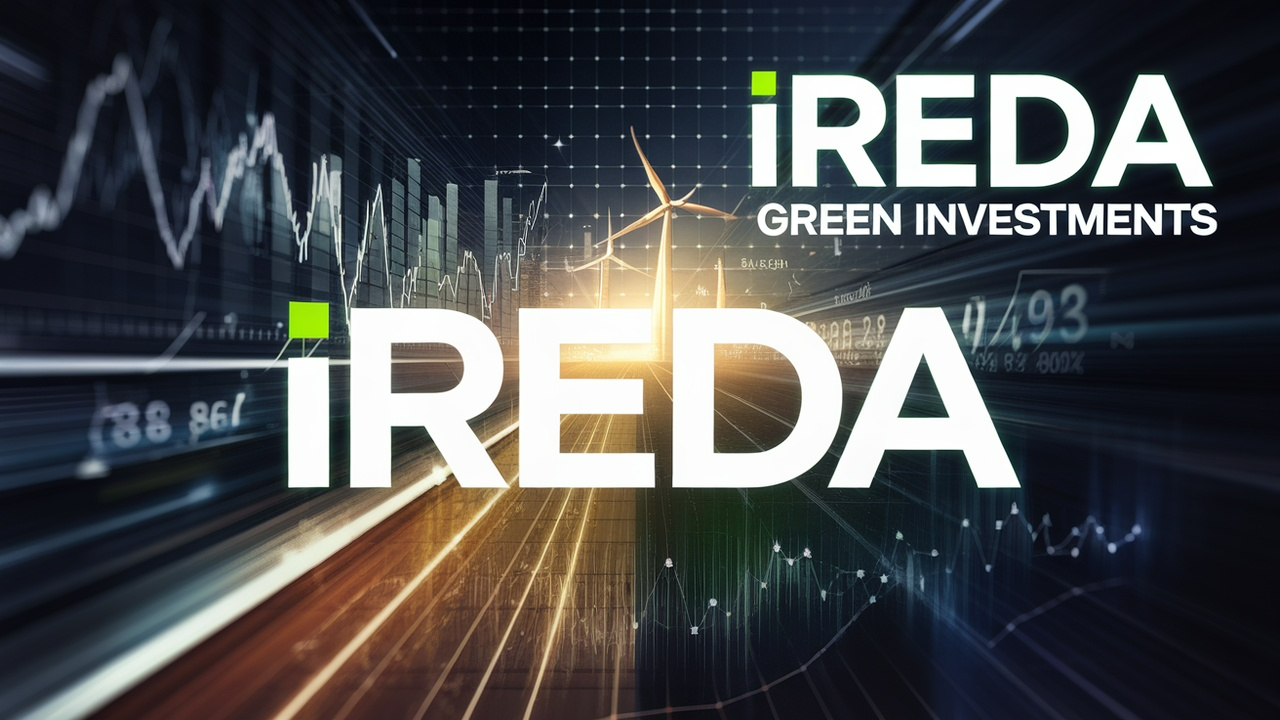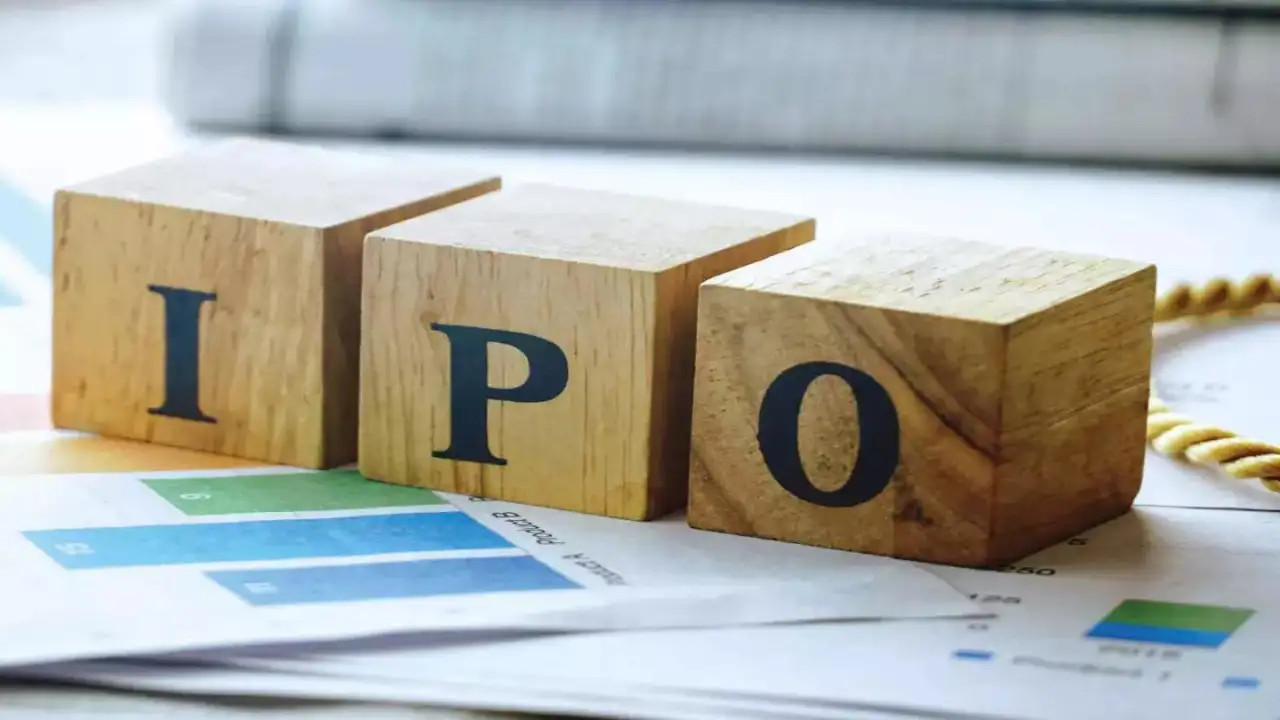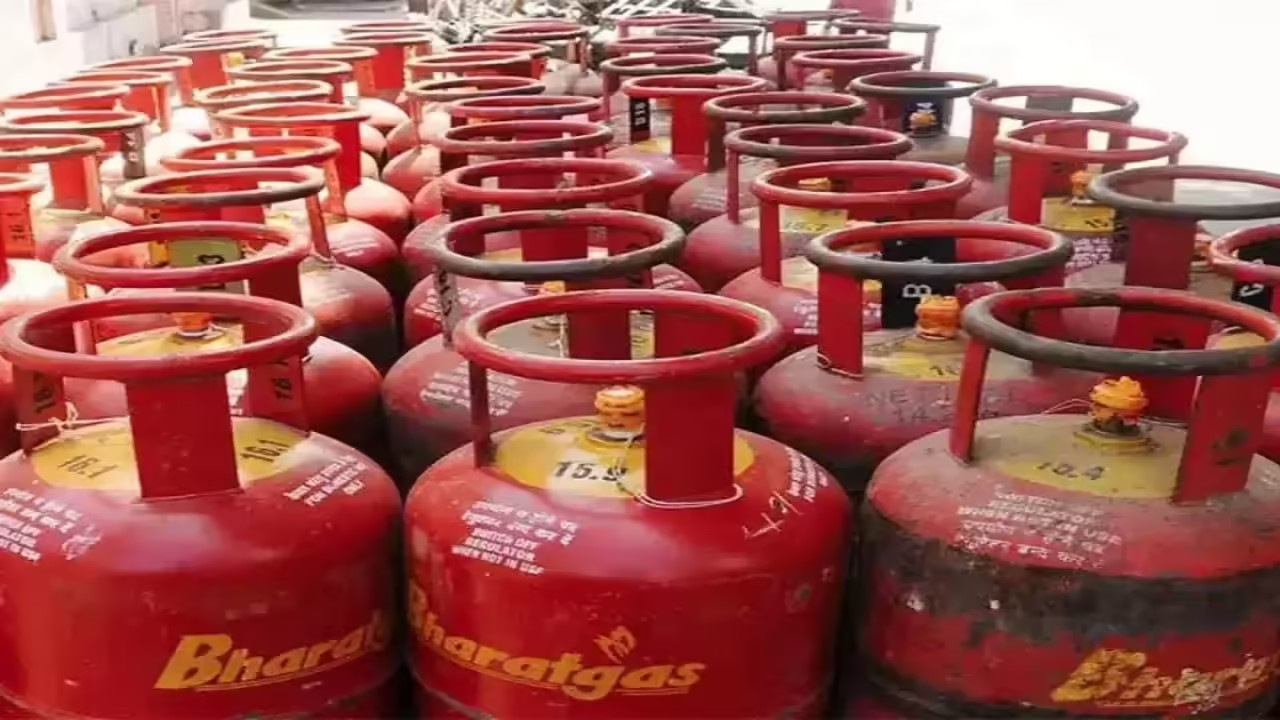In the rapidly evolving world of renewable energy, the Indian Renewable Energy Development Agency Ltd. (IREDA) has emerged as a vital player in providing term lending for power projects. As the demand for sustainable energy solutions grows, IREDA’s financial performance, market metrics, and strategic positioning continue to capture the attention of investors and industry experts alike. In this post, we explore IREDA’s current market performance, key financial indicators, and future outlook in the competitive landscape of renewable energy financing.
Overview of IREDA
Established in 1987, IREDA has long been recognized as a cornerstone in India’s renewable energy sector. The agency primarily offers term lending to support the development of renewable power projects—helping to drive the nation’s green energy initiatives. As the country intensifies its efforts to reduce carbon emissions and enhance energy security, IREDA’s role becomes even more crucial.
IREDA’s business model revolves around providing affordable financing options to power project developers. By doing so, it not only supports the expansion of renewable capacity but also helps bridge the gap between traditional banking services and the specialized needs of the renewable energy market.
Current Market Performance
At the close of trading on February 28, 2025, IREDA’s share price stood at approximately Rs 156.02 on the NSE—a decline of about 6.30% from its previous close of Rs 166.51. Such price fluctuations are common in a dynamic market environment and often reflect broader market sentiments, technical factors, and short-term investor reactions.
Some key market metrics for IREDA include:
- PE Ratio: Around 27.33, indicating the market’s current expectations of the company’s earnings.
- PB Ratio: Approximately 14.93, a reflection of how the market values IREDA’s book value.
- EPS (TTM): Roughly ₹5.71, showcasing the company’s profitability on a per-share basis.
- 52-Week Range: With a high of Rs 310.00 and a low of Rs 121.05, the stock has experienced significant volatility over the past year.
Such figures are critical for investors looking to gauge the company’s valuation and relative performance in the renewable energy financing space.
Key Market Metrics
| Metric | Value | Comments |
|---|---|---|
| Share Price (NSE) | Rs 156.02 | As of Feb 28, 2025 |
| PE Ratio | 27.33 | Reflects current market expectations |
| PB Ratio | 14.93 | Indicates how the stock is valued relative to its book value |
| EPS (TTM) | ₹5.71 | Earnings per share (trailing twelve months) |
| Market Capitalization | ₹41,934.50 Cr | Overall value of the company |
| 52-Week Range | Rs 310.00 / Rs 121.05 | Highest and lowest price over the past 52 weeks |
| Dividend Yield | 0.00% | No dividends declared |
Financial Metrics and Insights
IREDA’s financial performance is measured by a variety of ratios and indicators. For instance, its market capitalization hovers around ₹41,934.50 crore, positioning it as one of the significant players within its sector. The company’s robust revenue figures, combined with a consistent focus on operational efficiency, have helped it maintain a competitive edge.
Key highlights include:
- Revenue and Profit Growth: Although detailed quarterly figures vary, IREDA’s historical performance shows strong revenue growth, with a noteworthy annual revenue increase in previous years.
- Operating and Net Profit Margins: Investors pay close attention to these margins as they provide insights into how effectively the company manages its costs relative to its income.
- Debt and Expense Management: With significant investments in renewable infrastructure, IREDA’s ability to manage interest expenses and other costs is crucial. For example, a high portion of operating revenues is allocated to servicing debt, which is typical in a capital-intensive sector.
These financial metrics not only highlight IREDA’s current performance but also serve as benchmarks for comparing the company against its peers in the renewable energy financing domain.
Technical Analysis and Market Trends
From a technical perspective, IREDA’s share price has experienced fluctuations that are worth noting. Recent trends indicate a bearish signal over the short term, with the stock showing declines over the past week and month. Technical indicators—such as moving averages and pivot levels—help traders assess potential entry and exit points, while the stock’s 52-week range underscores the volatility and growth potential inherent in the renewable energy sector.
Investors and analysts often monitor signals such as:
- Moving Average Crossovers: These can indicate short-term bearish or bullish momentum.
- Volume Trends: High trading volumes, such as the recent figures seen on the NSE, often accompany significant price changes and can signal shifts in investor sentiment.
While technical analysis offers insights into market sentiment, it is essential to balance this view with a solid understanding of the company’s fundamentals and industry trends.
Shareholding Structure and Investor Sentiment
Understanding who holds a stake in IREDA is key to grasping its market dynamics. As of December 31, 2024, the shareholding pattern was as follows:
- Promoters: 75.0% (with no shares pledged)
- Foreign Institutional Investors (FII): Approximately 1.85%
- Domestic Institutional Investors (DII): Around 0.58%, which includes mutual funds holding about 0.28%
- Others/Public: Roughly 22.57%
A strong promoter holding often signals long-term confidence in the company’s prospects. However, shifts in institutional and public holdings can sometimes lead to short-term volatility, as seen in the recent decline in IREDA’s share price.
Shareholding Pattern (as of Dec 31, 2024)
| Category | Percentage (%) | Comments |
|---|---|---|
| Promoters | 75.0 | No shares pledged |
| Foreign Institutional Investors (FII) | 1.85 | Slight decline compared to the previous period |
| Domestic Institutional Investors (DII) | 0.58 | Includes mutual funds (0.28%) |
| Others/Public | 22.57 | Remaining shareholding |
Future Outlook and Growth Prospects
The renewable energy sector is poised for significant growth in the coming years, driven by both domestic policy initiatives and global sustainability trends. IREDA is strategically positioned to benefit from:
- Increased Government Spending: With the government channeling substantial funds toward renewable infrastructure, IREDA is expected to see increased business opportunities.
- Rising Rural Demand: As rural areas continue to experience growth in consumption—supported by robust agricultural outputs and improved rural incomes—demand for renewable power projects is likely to surge.
- Favorable Regulatory Environment: Policy reforms and incentives aimed at boosting renewable energy investments further enhance IREDA’s market potential.
Analysts have provided a range of forecasts for IREDA’s share price, with median target prices suggesting a potential upside in the medium term. While short-term technical signals may point to caution, the long-term outlook remains positive given India’s commitment to sustainable development and green energy.
Conclusion
IREDA stands at the forefront of India’s renewable energy financing revolution. Despite short-term price volatility and market challenges, the company’s robust financial metrics, strategic positioning, and strong promoter backing provide a solid foundation for long-term growth. As the renewable energy sector continues to expand, IREDA’s role in financing sustainable power projects will be pivotal in driving India’s green future.
For investors and industry watchers, IREDA offers a compelling case study of how specialized financing can accelerate the transition to renewable energy—a journey that is as dynamic as it is promising.
Disclaimer:
The information provided on this blog is for informational and educational purposes only and does not constitute financial advice, an offer to buy or sell any securities, or any other form of professional recommendation. Although the data and opinions presented are derived from sources believed to be reliable, no representation is made regarding their accuracy or completeness. Readers are advised to conduct their own due diligence and consult with a qualified financial advisor before making any investment decisions. The views expressed are solely those of the author and do not necessarily reflect the official stance of any organization or its affiliates.







